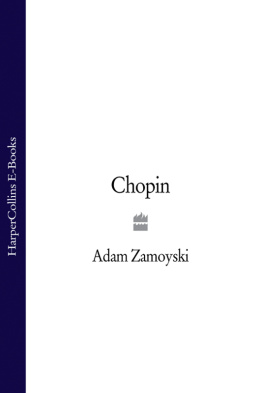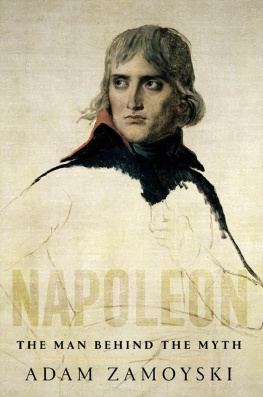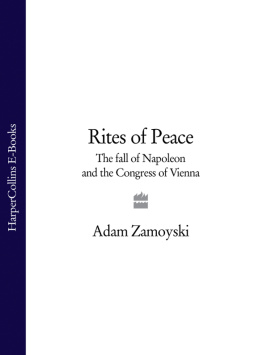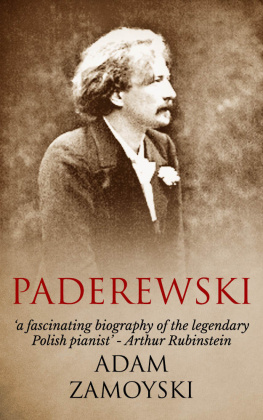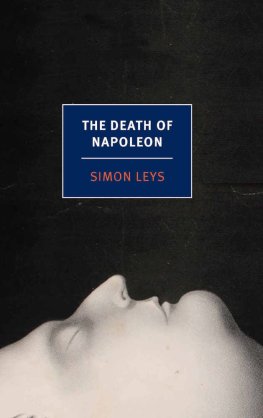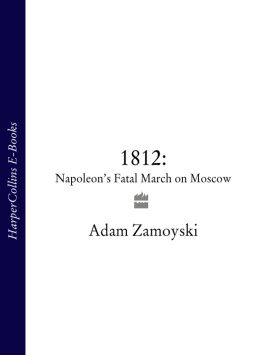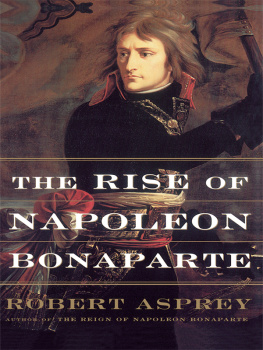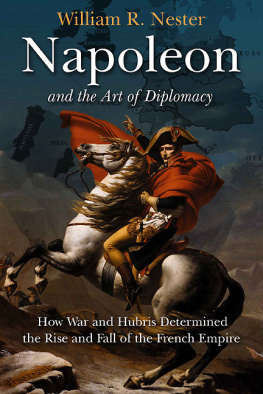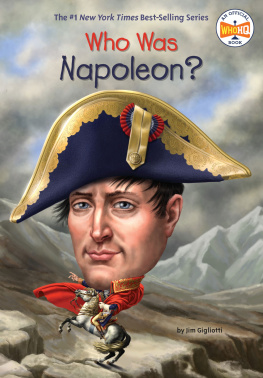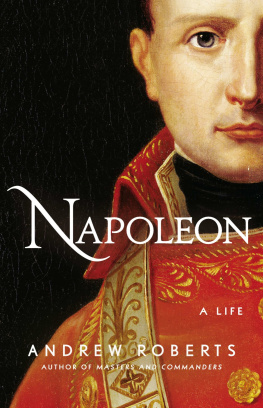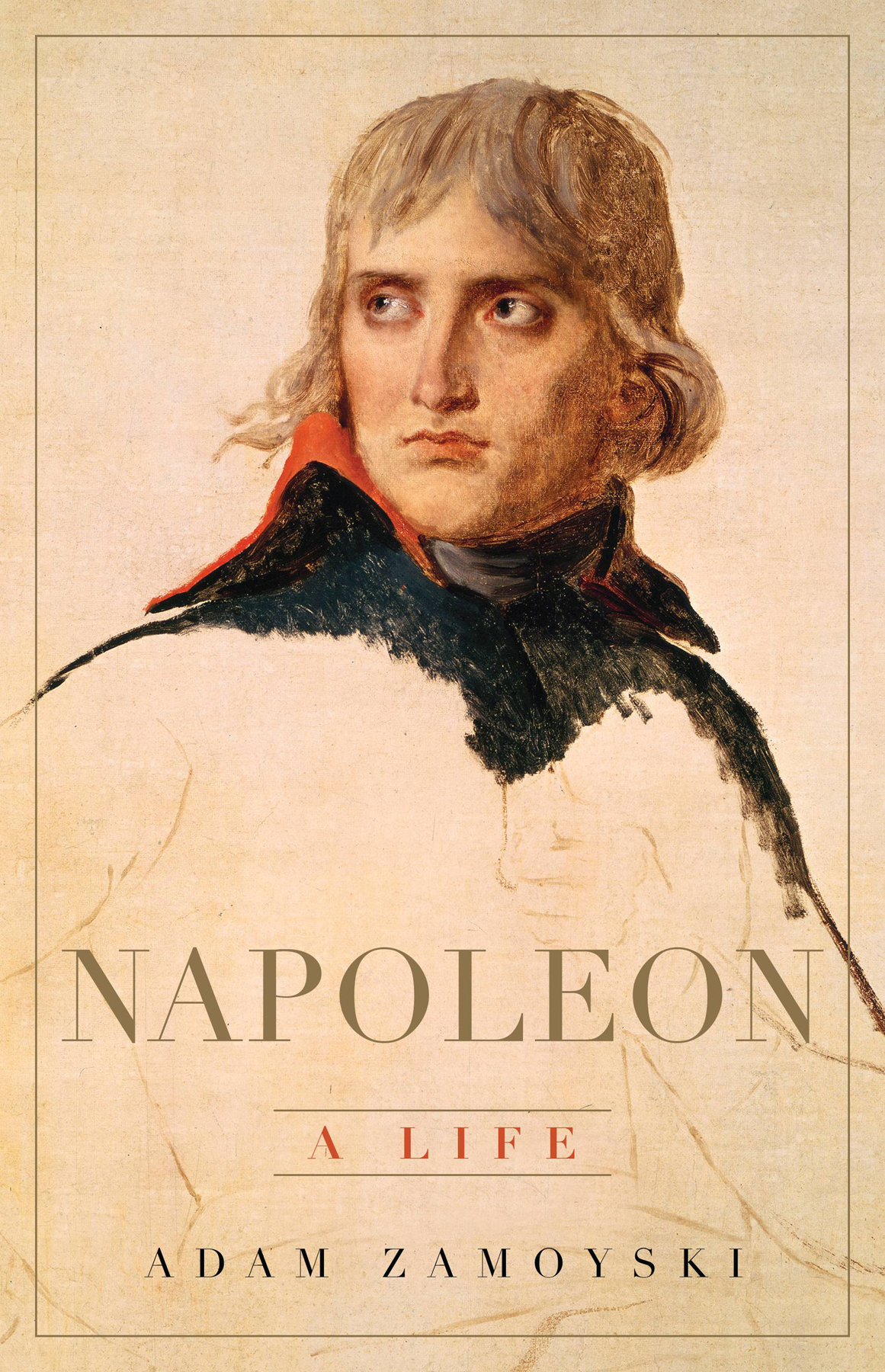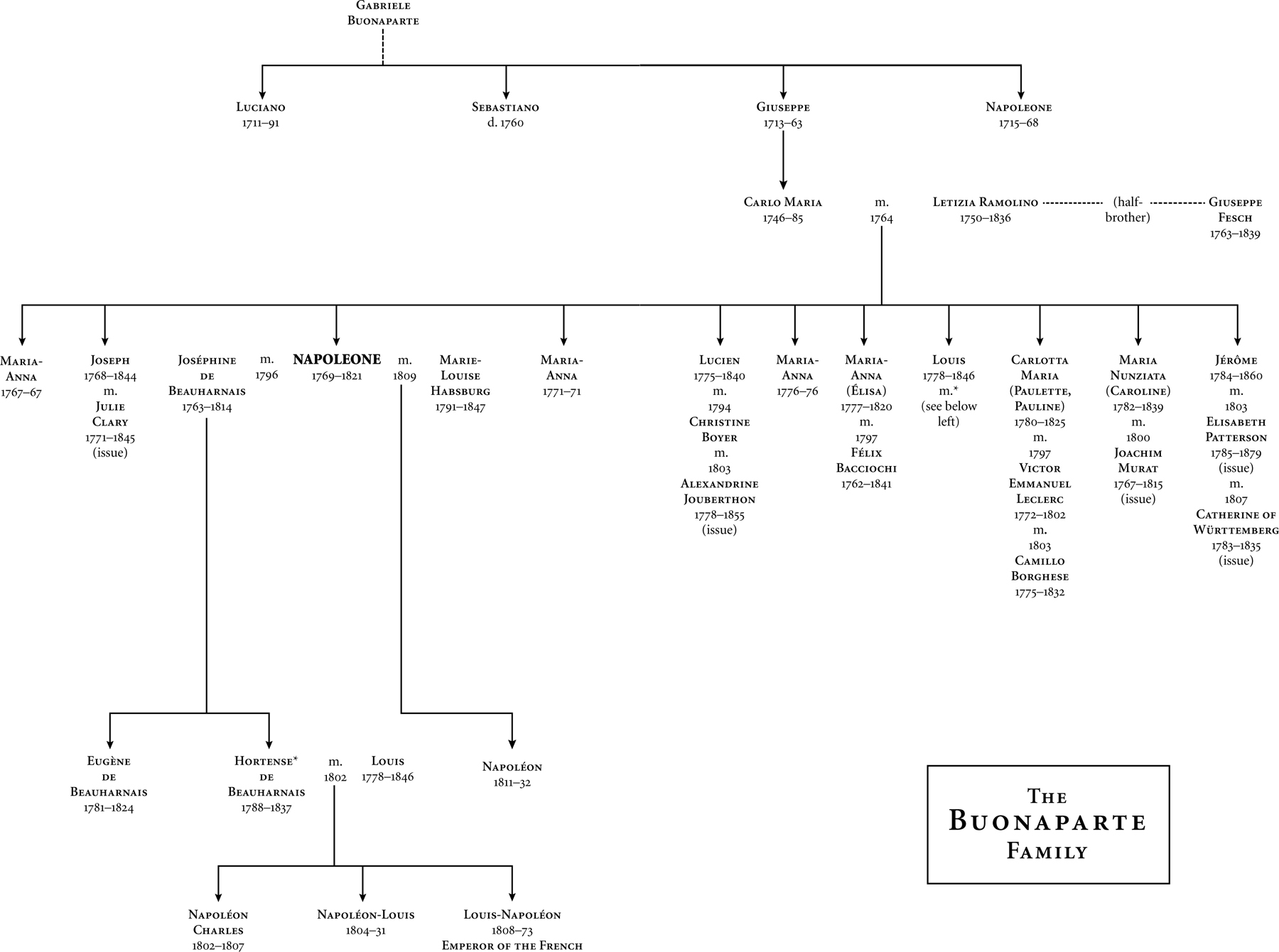A P OLISH HOME, English schools, and holidays with French cousins exposed me from an early age to violently conflicting visions of Napoleonas godlike genius, Romantic avatar, evil monster, or just nasty little dictator. In this crossfire of fantasy and prejudice I developed an empathy with each of these views without being able to agree with any of them.
Napoleon was a man, and while I understand how others have done, I can see nothing superhuman about him. Although he did exhibit some extraordinary qualities, he was in many ways a very ordinary man. I find it difficult to credit genius to someone who, for all his many triumphs, presided over the worst (and entirely self-inflicted) disaster in military history and single-handedly destroyed the great enterprise he and others had toiled so hard to construct. He was undoubtedly a brilliant tactician, as one would expect of a clever operator from a small-town background. But he was no strategist, as his miserable end attests.
Nor was Napoleon an evil monster. He could be as selfish and violent as the next man, but there is no evidence of him wishing to inflict suffering gratuitously. His motives were on the whole praiseworthy, and his ambition no greater than that of contemporaries such as Alexander I of Russia, Wellington, Nelson, Metternich, Blcher, Bernadotte, and many more. What made his ambition so exceptional was the scope it was accorded by circumstance.
On hearing the news of his death, the Austrian dramatist Franz Grillparzer wrote a poem on the subject. He had been a student in
In the half-century before Napoleon came to power, a titanic struggle for dominion saw the British acquire Canada, large swathes of India, and a string of colonies and aspire to lay down the law at sea; Austria grab provinces in Italy and Poland; Prussia increase in size by two-thirds; and Russia push her frontier 600 kilometres into Europe and occupy large areas of Central Asia, Siberia, and Alaska, laying claims as far afield as California. Yet George III, Maria Theresa, Frederick William II, and Catherine II are not generally accused of being megalomaniac monsters and compulsive warmongers.
Napoleon is frequently condemned for his invasion of Egypt, while the British occupation which followed, designed to guarantee colonial monopoly over India, is not. He is regularly blamed for re-establishing slavery in Martinique, while Britain applied it in its colonies for a further thirty years, and every other colonial power for several decades after that. His use of police surveillance and censorship is also regularly reproved, even though every other state in Europe emulated him, with varying degrees of discretion or hypocrisy.
The tone was set by the victors of 1815, who arrogated the role of defenders of a supposedly righteous social order against evil, and writing on Napoleon has been bedevilled ever since by a moral dimension, which has entailed an imperative to slander or glorify. Beginning with Stendhal, who claimed he could only write of Napoleon in religious terms, and no doubt inspired by Goethe, who saw his life as that of a demi-god, French and other European historians have struggled to keep the numinous out of their work, and even today it is tinged by a sense of awe. Until very recently, Anglo-Saxon historians have shown reluctance to allow an understanding of the spirit of the times to help them see Napoleon as anything other than an alien monster. Rival national mythologies have added layers of prejudice which many find hard to overcome.
Napoleon was in every sense the product of his times; he was in many ways the embodiment of his epoch. If one wishes to gain an understanding of him and what he was about, one has to place him in context. This requires ruthless jettisoning of received opinion and nationalist prejudice and dispassionate examination of what the seismic conditions of his times threatened and offered.
In the 1790s Napoleon entered a world at war, and one in which the very basis of human society was being questioned. It was a struggle for supremacy and survival in which every state on the Continent acted out of self-interest, breaking treaties and betraying allies shamelessly. Monarchs, statesmen, and commanders on all sides displayed similar levels of fearful aggression, greed, callousness, and brutality. To ascribe to any of the states involved a morally superior role is ahistorical humbug, and to condemn the lust for power is to deny human nature and political necessity.
For Aristotle power was, along with wealth and friendship, one of the essential components of individual happiness. For Hobbes, the urge to acquire it was not only innate but beneficent, as it led men to dominate and therefore organise communities, and no social organisation of any form could exist without the power of one or more individuals to order others.


